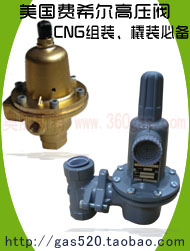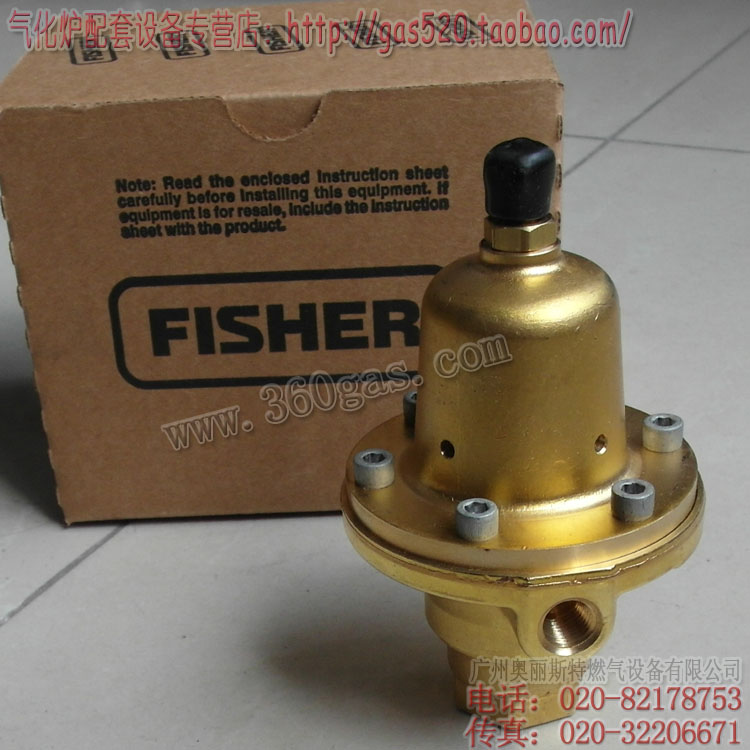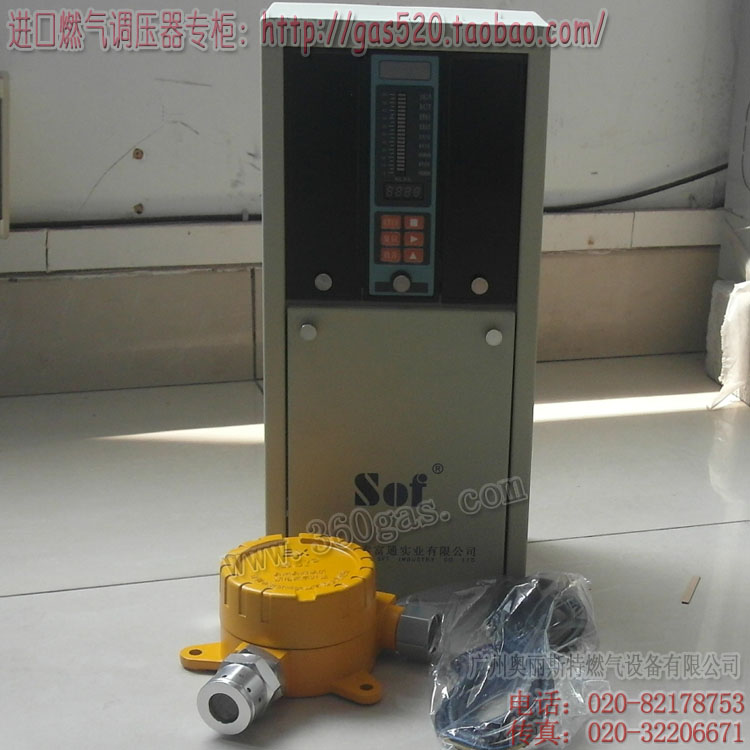位置:首页 > 燃气资讯 > First European LNG
First European LNG-powered Hopper Barge Receives EU support
浏览次数 711 , 日期 2014-12-02 , 燃气设备 加入收藏
The EU’s TEN-T Programme will co-finance with over EUR 1.5 million (USD 1.87 million) the construction of the first hopper barge in Europe powered by liquefied natural gas (LNG). The green and economically attractive LNG fuel could help reduce air pollution caused by barge transport services.
Hopper barges carrying sand dredged from ports are most often using conventional, more polluting fuel than accepted by the European regulation for future shipping services (2050 onwards). This project is addressing the European requirements to reduce maritime transport emissions by constructing an LNG-powered hopper barge in the ports of Bremerhaven and Bremen in Germany.
The pilot project features the technical design of the new barge, granting permissions to operate in the inland waterways of the port areas, as well as actual construction and testing of the barge under real life conditions. It also includes recommendations and best practice for a larger roll-out of this vessel type.
The action is expected to have a multiplier effect due to the high demand for dredging in the sandy North Sea and inland ports. Using LNG-powered vessels would contribute to reducing the transport industry’s impact on the environment. Furthermore, the project’s findings and solutions could be replicated on all types of inland navigation vessels.
The project was selected for EU funding with the assistance of external experts under the TEN-T Annual Call 2013, priority ‘Decarbonisation (oil substitution or environmental cost reduction) ‘. Its implementation will be monitored by INEA, the European Commission’s Innovation and Networks Executive Agency.
The project is to be completed by December 2015.
Hopper barges carrying sand dredged from ports are most often using conventional, more polluting fuel than accepted by the European regulation for future shipping services (2050 onwards). This project is addressing the European requirements to reduce maritime transport emissions by constructing an LNG-powered hopper barge in the ports of Bremerhaven and Bremen in Germany.
The pilot project features the technical design of the new barge, granting permissions to operate in the inland waterways of the port areas, as well as actual construction and testing of the barge under real life conditions. It also includes recommendations and best practice for a larger roll-out of this vessel type.
The action is expected to have a multiplier effect due to the high demand for dredging in the sandy North Sea and inland ports. Using LNG-powered vessels would contribute to reducing the transport industry’s impact on the environment. Furthermore, the project’s findings and solutions could be replicated on all types of inland navigation vessels.
The project was selected for EU funding with the assistance of external experts under the TEN-T Annual Call 2013, priority ‘Decarbonisation (oil substitution or environmental cost reduction) ‘. Its implementation will be monitored by INEA, the European Commission’s Innovation and Networks Executive Agency.
The project is to be completed by December 2015.








